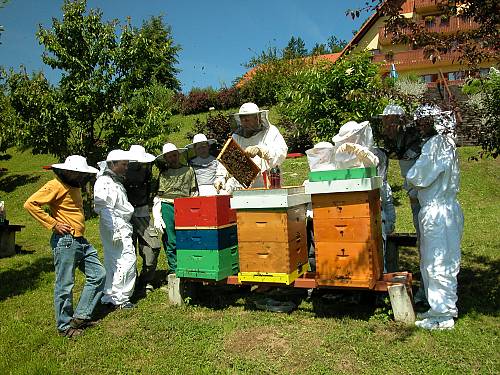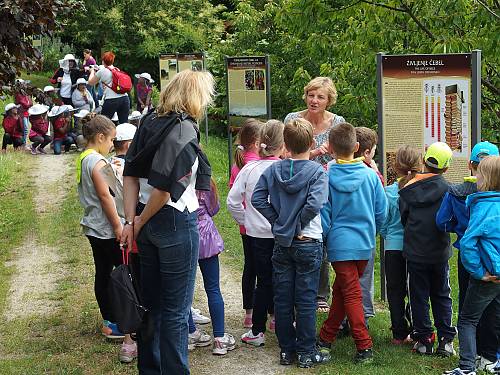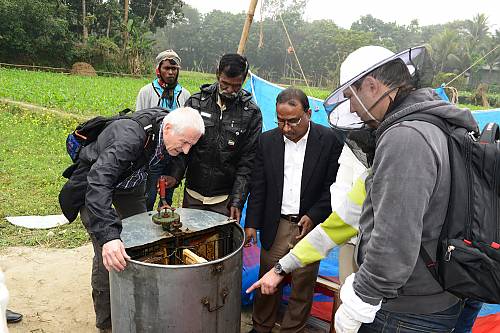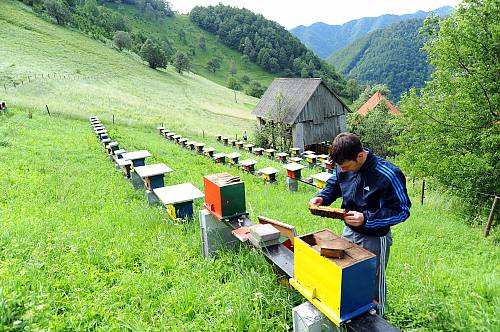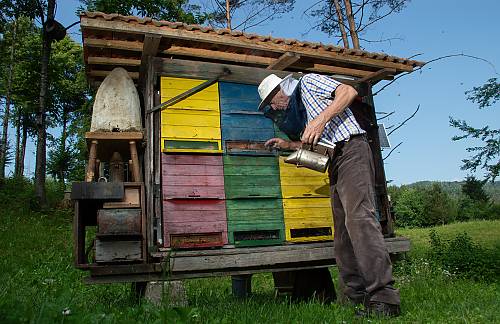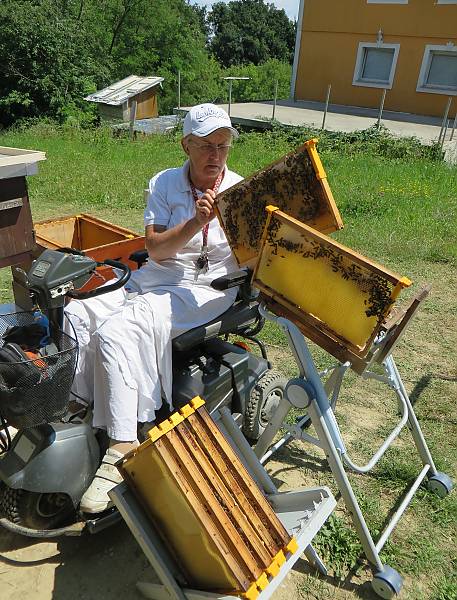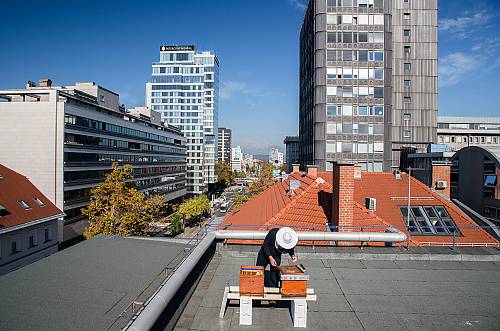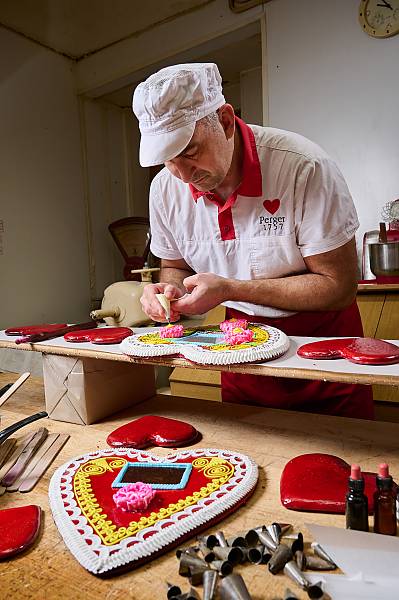Beekeeping in Slovenia, a way of life
Inscribed in 2022 (17.COM) on the Representative List of the Intangible Cultural Heritage of Humanity

In Slovenia, beekeeping is a way of life for many individuals, families and communities, who obtain bee products for food and traditional medicine and use their knowledge and skills to care for the honeybees and the environment. The only subspecies kept in Slovenia is the Carniolan bee. Beekeepers have around 200,000 bee colonies, and with the controlled breeding of queen bees they responsibly ensure the preservation of its valued characteristics: gentleness, yield, excellent orientation and resistance to weather conditions. Bees are kept mostly in wooden apiaries near beekeepers’ homes. Communities express a loving and respectful attitude towards bees, and the related knowledge, skills and practices are shaped by centuries of tradition and transmitted from generation to generation. Beekeepers, who consider bees their teachers and friends as well as symbols of virtue, cleverness and frugality, expand their knowledge and skills through constant research. The importance of beekeeping in Slovenia is reflected in its rich terminology and in academic, literary and folklore texts (with printed works from the eighteenth century onwards disseminating knowledge, prose, poetry and sayings related to beekeeping), art (with the characteristic painted panels and religious and secular motifs on the hives) and architecture (with the construction of traditional apiaries).

